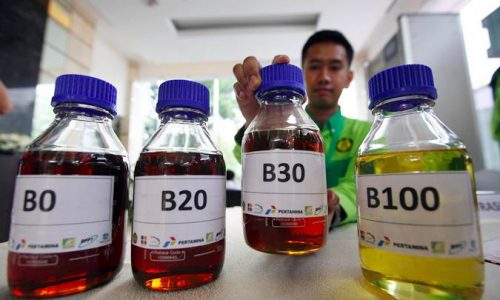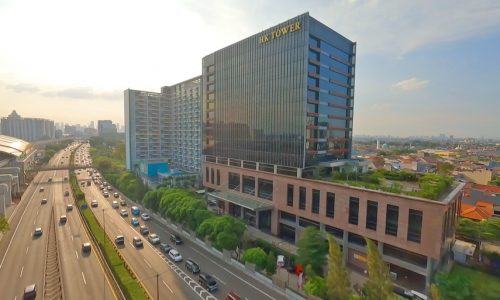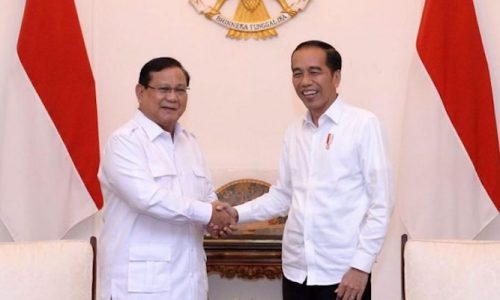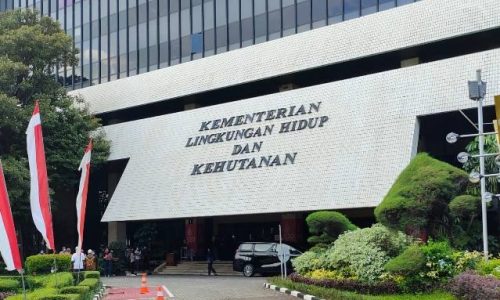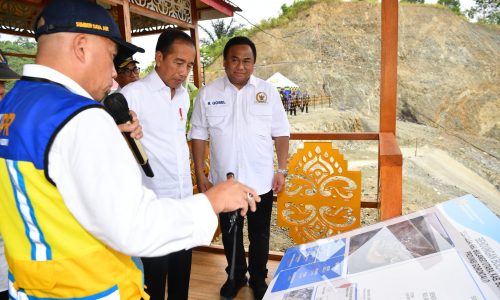The recent issuance of Government Regulation No. 26/2023 on the Management of Sedimentation Products in the Sea has drawn criticism from Wahana Lingkungan Hidup Indonesia (Walhi), an environmental non-governmental organization.
While the regulation aims to facilitate sand exportation, Walhi argues that it lacks a long-term consideration and prioritizes short-term economic gains over environmental sustainability.
Ecological repercussions
Parid Ridwanuddin, the Coastal and Marine Campaign Manager at Walhi, believed that the policy of exporting sea sand only brings about short-term benefits while causing long-term losses. He asserted that the focus should be on rehabilitating the oceans, as numerous islands have already submerged due to sand mining for reclamation purposes.
“Instead of accelerating the sinking of islands, such as in the Thousand Islands and the Riau Islands province, we need policies that are oriented towards ocean restoration,” stated Ridwanuddin on June 20, 2023.
Moreover, he argued that the government employs defense-related narratives in the form of reclamation projects in various regions. Yet, the issuance of the government regulation strongly implies that business interests are being prioritized.
The concerns raised by Walhi shed light on the potential long-term ecological repercussions of sand exportation and call for a shift in policy focus towards sustainable coastal and marine management.
As Indonesia grapples with the challenges of climate change and rising sea levels, striking a balance between economic development and environmental conservation becomes paramount.
Benefits Singapore and China
Furthermore, he expressed concern that the policy of opening the floodgates for sand exportation would primarily benefit Singapore and China, as both countries are actively constructing artificial islands for reclamation, with China also expanding its military defense capabilities.
“Sand is traded because it holds vital economic value, particularly for countries seeking to expand their territories. We should not merely consider its economic value in terms of money, but also how other countries are expanding their lands and generating income from such expansions,” Ridwanuddin explained.
According to Ridwanuddin, the Indonesian government often justifies sand mining to meet domestic reclamation needs. However, in reality, these reclamation areas are developed to establish new business districts in Indonesia.



